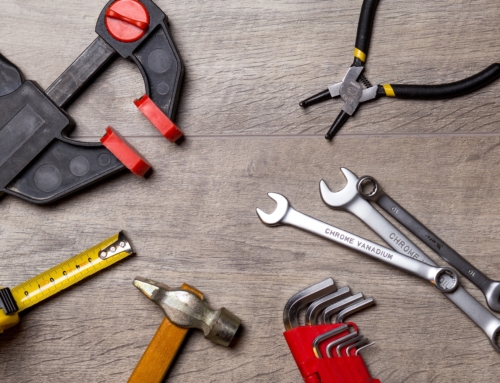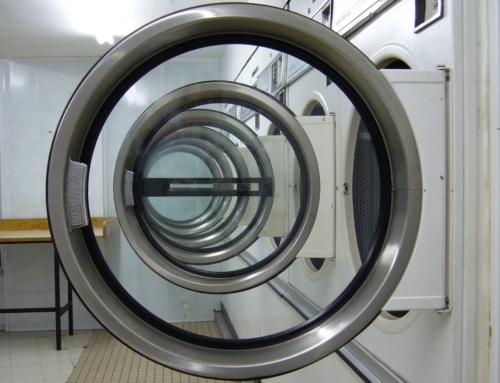
Energy-Saving Tips for Your Home Appliances
Date: July 15, 2023
Author: Emily Smith, Home Maintenance Expert
In today’s fast-paced world, energy efficiency has become a crucial consideration for homeowners looking to reduce their environmental footprint and save money on utility bills. With household appliances accounting for a significant portion of energy consumption, implementing energy-saving practices can have a substantial impact on both the environment and your wallet. As the primary decision-makers in many households, women play a pivotal role in managing energy usage and ensuring the sustainability of their homes. In this article, we’ll explore practical and effective energy-saving tips tailored specifically for home appliances, backed by authoritative sources such as FEMA, the Fire Department, and other trusted authorities.

- Choose Energy-Efficient Appliances: When purchasing new appliances, look for models with ENERGY STAR certification. These appliances meet strict energy efficiency criteria set by the U.S. Environmental Protection Agency (EPA) and can help you save significant amounts of energy and money over time.
- Optimize Refrigerator and Freezer Settings: Set your refrigerator temperature between 35-38°F and your freezer temperature between 0-5°F to ensure food safety while minimizing energy consumption. Keep the refrigerator coils clean and defrost your freezer regularly to maintain optimal efficiency.
- Use the Right Sized Pots and Pans: When cooking on the stove, use appropriately sized pots and pans that match the size of the heating elements. Using oversized cookware wastes energy as heat is lost to the surrounding air rather than being efficiently transferred to the food.
- Maximize Dishwasher Efficiency: Wait until your dishwasher is fully loaded before running it to maximize water and energy efficiency. Use the energy-saving or eco-friendly cycle, if available, and avoid using the dishwasher’s drying cycle by allowing dishes to air dry instead.
- Wash Clothes in Cold Water: Washing clothes in cold water not only saves energy but also helps preserve the color and fabric of your garments. Most modern detergents are formulated to work effectively in cold water, making it a simple and eco-friendly choice.
- Air Dry Your Clothes: Whenever possible, air dry your clothes instead of using a dryer. Hang clothes on a clothesline outdoors or use indoor drying racks during inclement weather. Not only does air drying save energy, but it also helps prolong the life of your clothing and reduces wear and tear.
- Unplug Unused Appliances: Many appliances consume energy even when they’re not in use, a phenomenon known as standby power or “vampire power.” Unplug devices such as chargers, coffee makers, and electronics when they’re not in use to eliminate unnecessary energy consumption.
- Maintain HVAC System Efficiency: Regularly clean or replace air filters in your heating, ventilation, and air conditioning (HVAC) system to ensure optimal airflow and efficiency. Schedule annual maintenance inspections by a professional to identify and address any issues that may be impacting energy efficiency.
- Utilize Energy-Saving Features: Take advantage of energy-saving features on your appliances, such as delayed start timers, energy-efficient modes, and smart technology that allows you to monitor and control energy usage remotely. These features can help you optimize energy consumption and reduce waste.
- Educate Your Family: Empower your family members to participate in energy-saving efforts by educating them about the importance of conserving energy and how they can contribute. Encourage habits such as turning off lights when leaving a room, unplugging devices when not in use, and being mindful of energy usage throughout the home.
By implementing these energy-saving tips for your home appliances, you can reduce your environmental impact, lower your utility bills, and contribute to a more sustainable future for generations to come. Remember, every small change makes a difference, and together, we can create a greener and more energy-efficient world.





